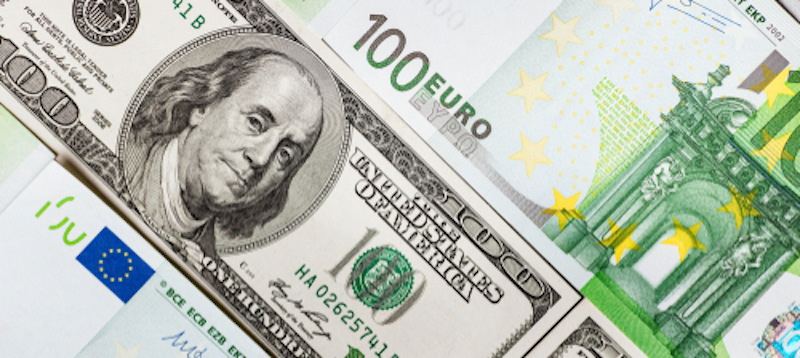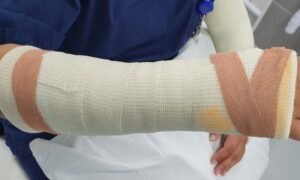(Editor’s note: This post on coronavirus aid for small businesses and startups is the first in a series.)
This is the time of year when I often have to remind non-E.U. nationals who live in France most of the year that they need to file taxes. With all that has been going on I was particularly glad that not only had my U.S. personal and corporate returns been filed, but that my American business accountant had quickly filed for the small business aid package offered by the U.S. government and two of my U.S. corporations had gotten the initial grant ahead of possible additional loan consideration.
Additionally the much trumpeted $1,200 American bailout check has arrived at a U.S. address and will be deposited this week.
My French business has also received coronavirus financial aid for the month of March. At a time of year when I’m used to having to calculate what I owe to two different countries, it’s an odd feeling, to say the least, to be receiving funds from two different governments. But hey, when you pay taxes in two different countries, it’s not an unreasonable (nor undeserved) outcome.

French small-business aid
I’m a member of the National Union of Journalists (a U.K.-based organization) and the Paris chapter was incredibly helpful in getting information out to members early on and throughout the shutdown here in France. The aid which came through from the French government last week was the result of a fairly straightforward form available at the French tax site.
You log into your account (which you have if you’ve ever filed a return here in France) and then navigate to your secure inbox and select a dropdown specifically designed for Covid-19 aid for your small business.
You are then taken to a one page digital form in which you attest that:
- Your business was open before 1 February 2020
- It was not in liquidation before 1 March 2020
- Its workforce was less than or equal to 10 employees
- Your turnover last year was less than 1 million euros
- As a managing partner of the company, you did not take more than 60,000 euros in dividend income last year
- You do not hold either a CDI (employment contract) or a pension which results in your receiving more than 800 euros/month
- If you own multiple companies, you are still subject to the above attestations (meaning that if you had more than 10 employees among your multiple businesses, or if their combined turnover was more than $1 million, etc. you are disqualified)
You then fill in your name, address, email, phone number and SIRET (tax ID number for your business) and then state whether your business was closed or suffered a loss of turnover of at least 50 percent from a comparable time last year.
Now interestingly enough, the lockdown occurred in the middle of March and while it did interrupt the onboarding of a new writing client I had in Paris, my March 2020 wasn’t a particularly bad month. But March 2019 had happened to be a very good month for the business, and as such, I was able to apply for aid.
The money was directly deposited into my bank account last month, and I just repeated the same process for the month of April. The French government has said that this program will be in place until the end of May, so that’s been a big help to small business owners like me.
This program served as a gatekeeper for a second funding program, which offered assistance to anyone who didn’t qualify under the first program. Since I had qualified for the first program I was ineligible to apply for the second program, but the application was simple and straightforward as well. It was one page and was to be submitted through the URSSAF system.
The questions were more probing, however, as they wanted 2018 business income as well as certification that this was your only stream of income and that losing it jeopardized your ability to cover your basic needs.
Outside of small business owners, millions of French are on 75-85 percent of their regular pay (or more) due to government programs so while others have marveled at how “calm” the French have been during lockdown, I can guarantee that such calmness would not have been on display if these programs were not in place and being efficiently executed.
Which begs the question, if the French can have such efficient bureaucracy in a crisis, what’s the problem during “normal” times? 🙂

About the author:
Singaporean-born American Stephen Heiner has been living in Paris since 2013, what he hopes to be a permanent home after living in Asia and the United States for most of his life. While he has an undergraduate degree in literature, he also has an MBA, and he’s very much the man who enjoys studying financial statements as much as he enjoys reading essays by G.K. Chesterton or James Howard Kuntsler.
He visits his family in the US and Singapore each year, but in the meantime enjoys his dream city, which he finally had a chance to move to after selling a company he built over a number of years.
You can find him on twitter and instagram @stephenheiner.
You can also follow his immigration journey on www.theamericaninparis.com, where Stephen also offers consulting to those interested in relocating to, and/or making a life in, France.
See more of Stephen’s posts on Dispatches here.














